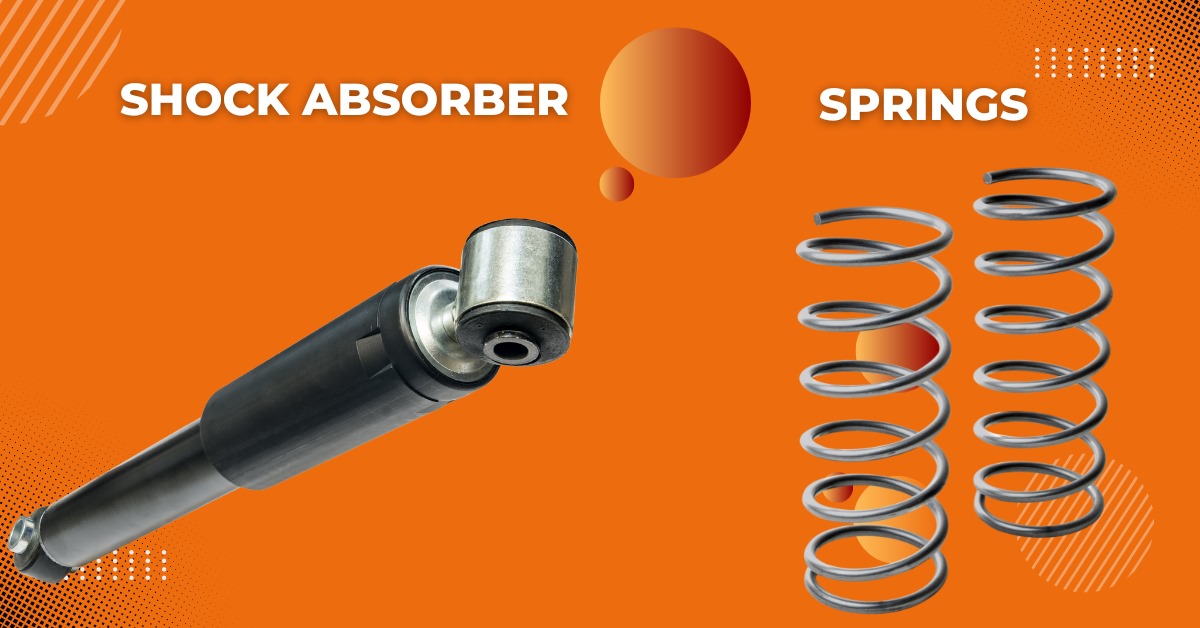Coil Spring Damage Signs: What to Watch Out For

Learn how to identify the telltale signs of coil spring damage before it leads to costly repairs.
The Importance of Healthy Coil Springs
Coil springs are a crucial component of your vehicle’s suspension system. They support the weight of the vehicle, absorb road shocks, and maintain tire contact with the road. Healthy coil springs ensure a smooth and stable ride, enhancing both comfort and safety.
When coil springs are in good condition, they contribute to optimal vehicle handling, better braking performance, and even tire wear. Neglecting the condition of your coil springs can lead to a range of issues that affect your vehicle's overall performance.
Common Symptoms of Coil Spring Damage
Visible sagging: If your vehicle appears lower on one side, it could be a sign that a coil spring is damaged or worn out.
Unusual noises: Listen for creaking, popping, or clunking noises when driving over bumps or making turns, which may indicate a problem with the coil springs.
Poor ride quality: A rougher or bumpier ride than usual can be a sign that your coil springs are no longer effectively absorbing shocks.
Uneven tire wear: Damaged coil springs can cause misalignment, leading to uneven tire wear.
How Damaged Coil Springs Affect Your Vehicle
Reduced stability: Damaged coil springs can compromise the stability of your vehicle, making it harder to control, especially during turns or sudden maneuvers.
Increased stopping distance: Faulty coil springs can affect your vehicle's braking system, leading to longer stopping distances and increased risk of accidents.
Increased wear on other suspension components: When coil springs are damaged, other parts of the suspension system, such as shocks and struts, may have to work harder, leading to premature wear and potential failure.
When and How to Replace Coil Springs
It's recommended to replace coil springs if you notice any of the common symptoms of damage or if your vehicle has high mileage. Regular inspections during routine maintenance can help catch issues early.
Replacing coil springs involves lifting the vehicle, removing the old springs, and installing new ones. This task requires specialized tools and knowledge, so it's often best left to a professional mechanic to ensure it's done correctly and safely.
Preventing Coil Spring Damage: Tips and Tricks
Regular maintenance: Schedule regular inspections of your suspension system to catch potential issues before they become serious.
Avoid overloading: Do not exceed your vehicle's load capacity, as this can put extra strain on the coil springs.
Drive cautiously: Minimize driving over potholes, speed bumps, and rough terrain, as these can accelerate the wear and tear on your coil springs.
Keep your vehicle clean: Dirt and debris can cause corrosion, which weakens coil springs over time. Regularly wash your vehicle, especially the undercarriage, to prevent buildup.

 Loading..
Loading..